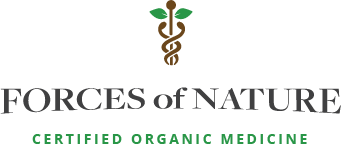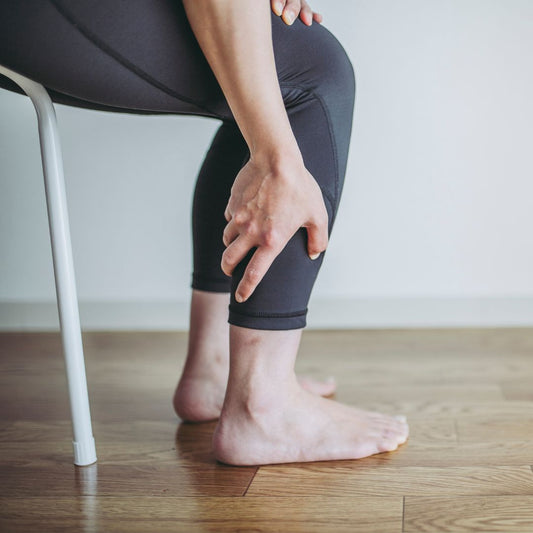In this article, we will go over what homeopathy is and its origins. We will also provide insight into how it trumps modern conventional medicine. Are you interested in complete healing without worrying about side effects? If you are, keep reading to learn more about this practice that has stood the test of time.
How Did Homeopathy Start?
Homeopathy began sometime in 18th-century Germany. A physician, Samuel Hahnemann, lived sometime during this period. He would be credited as the man who invented homeopathic medicine. The idea came to him by way of discovery. He noticed that cinchona could elicit malaria-like symptoms when ingested by a healthy individual. Noticing this, he decided to experiment with the bark on patients who had malaria.
After constant evaluation, he learned that the way to cure an illness is to introduce something that brought about its symptoms in a healthy individual. It was from this discovery that the principle of “like cures like” came to be.
Since then, the practice has been adhered to by many patients and homeopaths. In the United States, homeopathic medicine became a regulated profession. Practitioners and the distribution of remedies have been regulated since 1939.
What Is Homeopathy? How Is It Different from Modern Medicine?
Homeopathy is a way of treating ailments by using natural substances. These substances can come in the form of naturally derived essential oils and mixtures. For some, this definition of homeopathy or natural medicine does not make it distinguishable from modern conventional medicine. Indeed, we can think the same of medications like aspirin and morphine.
For this reason, it might help to go into how homeopathic remedies are made. One of the beliefs underlying homeopathic medicine is the body’s ability to heal itself. More specifically, the body in a state of illness has everything it needs to ward off the causative pathogen. For mental health issues like depression, the principle is the same, minus the causative agent. This presumption informs the creation and mixing of homeopathic remedies. Homeopathic remedies do not cure a disease. At least, not in the modern conventional sense.
Rather, remedies are only meant to trigger the body’s natural responses. Hence, unlike modern medications, natural substances like minerals or plants do not make up most of a remedy. The homeopath dilutes the active ingredient. Usually, the solvent of choice is water or alcohol. The product is a remedy that is different from modern medications. For modern medications, the active ingredient makes up most of the drug.
This is a two part blog, click here to read the second part.
Sources:
- https://www.ncbi.nlm.nih.gov/pmc/articles/PMC1676328/
- https://www.takingcharge.csh.umn.edu/explore-healing-practices/homeopathy/what-are-homeopathic-remedies
- https://www.nccih.nih.gov/health/homeopathy#:~:text=Licensing,nonlicensed%20professionals%20may%20practice%20homeopathy.
- https://www.medlife.com/blog/all-about-homeopathy/
- https://www.lakeshorechiropractic.com/index.php?p=442284




